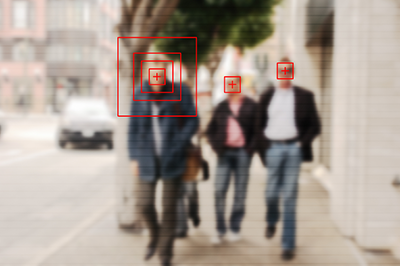
The Helsinki Foundation for Human Rights' position statement on Maciej Wąsik and Mariusz Kamiński
The narrative identifying Maciej Wąsik and Mariusz Kamiński as political prisoners is an example of deeply unjust misrepresentation, unfair to all individuals who are truly imprisoned for their beliefs, and principles, as well as their struggle for democracy and human rights.
HFHR wishes to remind everyone that both of these detainees were lawfully convicted by a court judgment issued on behalf of the Republic of Poland for crimes committed in connection with the performance of their public functions. The aforementioned judgment shall be executed until the completion of the sentence, the decision issued by the court to release them, or the President of Poland's decision to apply pardon in their case.
The 2015 attempt by the President of the Republic of Poland to discontinue the criminal proceedings against both convicts constituted an unauthorized interference in the administration of justice. In a resolution dated May 31, 2017 (case reference I KZP 4/17), the Supreme Court stated that "The application of pardon before the date of finality of the judgment does not have any procedural effects." Therefore, it does not lead to the discontinuation of criminal proceedings. Moreover, the resolution indicates that the act of pardon made before the final conviction does not become effective after the issuance of a final convicting judgment. However, there are no obstacles for the President to issue a new act of pardon as the conviction of the two MPs has already occurred.
The conviction of Maciej Wąsik and Mariusz Kamiński, resulting in imprisonment, led to the automatic expiration of their parliamentary mandates. The Speaker of the Sejm was not only entitled but also obligated to issue a resolution confirming this state of affairs.
Any appeal against the Speaker of the Sejm's resolution regarding the expiration of parliamentary mandates should be examined by a panel of the Supreme Court characterized by the requirements of independence and impartiality, as well as established in accordance with the law. The Extraordinary Control and Public Affairs Chamber does not meet these conditions, as recently confirmed by the European Court of Human Rights in the case of Wałęsa v. Poland.
The role of the Supreme Court, in reviewing the appeal against the Speaker of the Sejm's resolution, is not to legally verify the validity of the decision made in the case of the mentioned individuals, let alone treat the discussed decision as non-existent. The substantive aspect of the criminal proceedings against both convicts should be examined exclusively within the framework of the available legal remedies.
The authorities of the Republic of Poland should make every effort to ensure the personal safety of all individuals deprived of their freedom.
On behalf of the HFHR,
Maciej Nowicki
President of the Board


